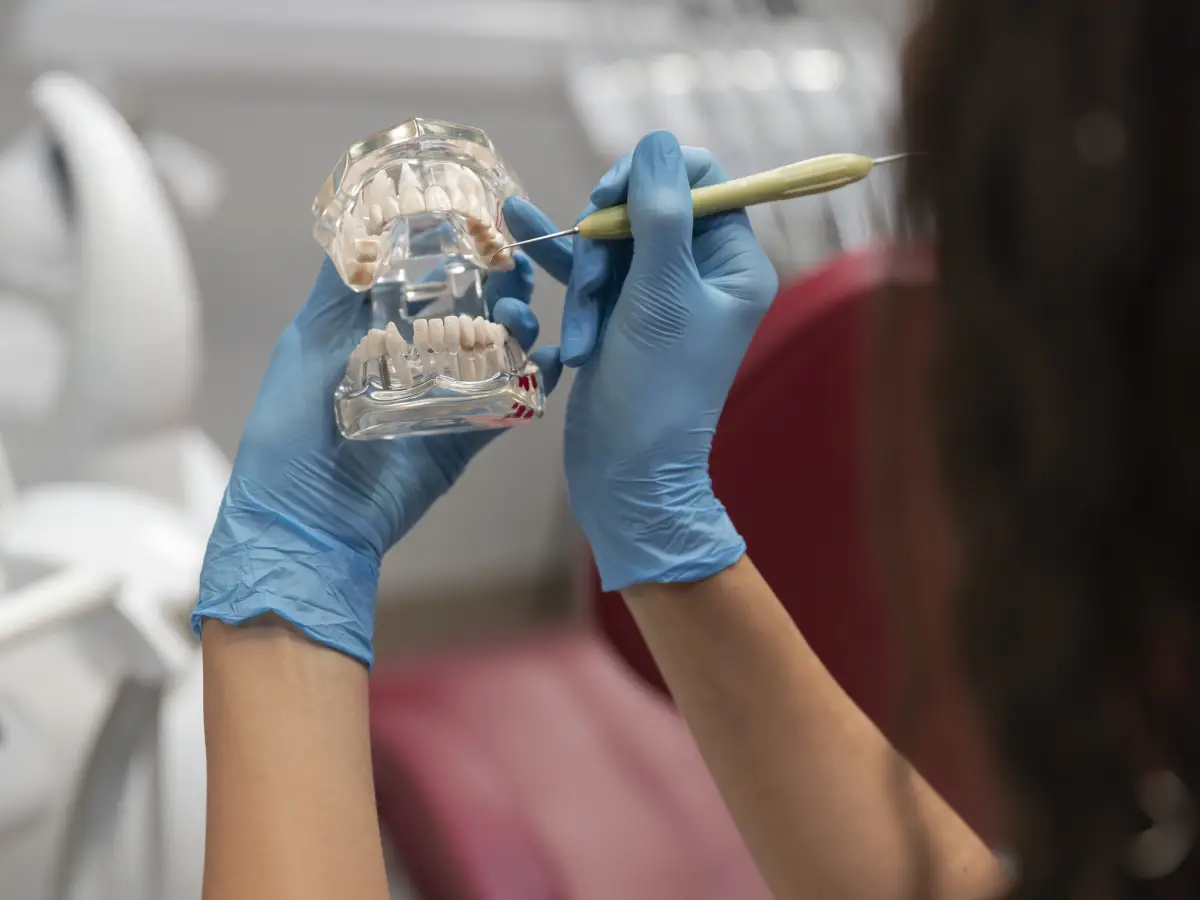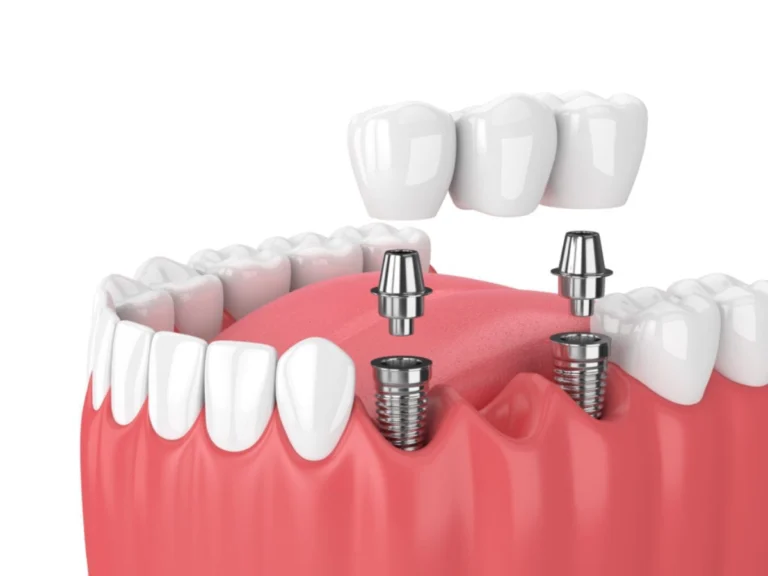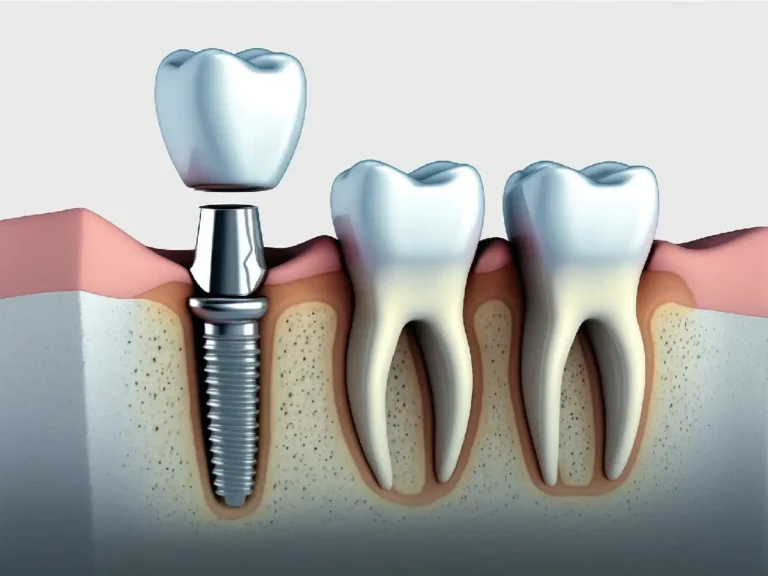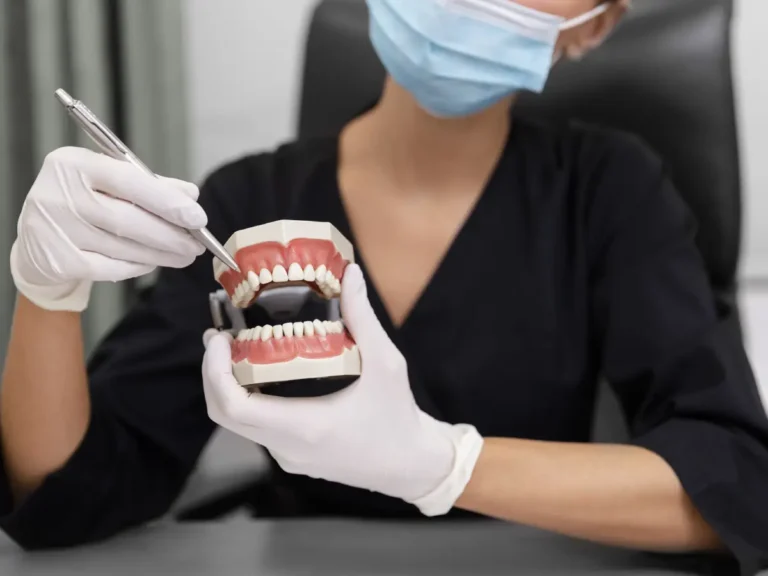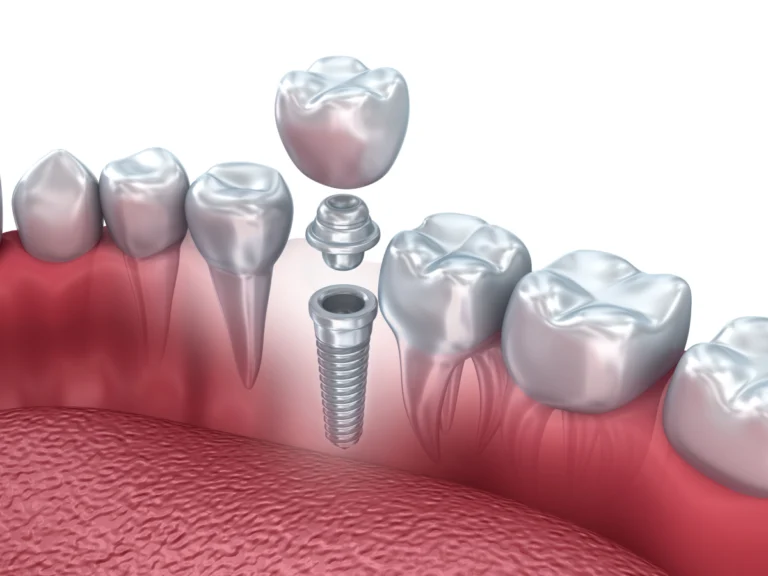Zirconia Implants
Zirconia is an ideal material for dental implants. It is biologically non-toxic, meaning it will not cause chemical reactions or corrode. This is why it is the non-metallic alternative to titanium. Its natural white color also makes it a great choice for patients.
Single tooth implants
If you have only one tooth that needs to be replaced, your dentist will place one implant, then place one replacement tooth or crown.
All-on-4 implants
If you need a full set of upper or lower replacement teeth, your dentist may recommend this option. Your dentist will place four implants into your available bone. He or she will then add special abutments that can hold temporary replacement teeth on the same day.
Multiple implants
If you have a few missing teeth, your dentist may replace multiple dental implants with custom-made replacement teeth.
Zygomatic implants
The use of zygomatic implants has been documented as an alternative for the rehabilitation of atrophic posterior maxilla using classic two-stage loading and immediate loading protocols. Zygomatic implants avoid grafting and sinus lift procedures and thus contribute to a shorter and more comfortable treatment.
Mini implants
These mini-implants are about the size of a toothpick or pencil tip. They are narrower than most implants. Your doctor may choose this if you need to hold a lower denture in place, or if you have a lot of bone loss and limited available jawbone. He or she may also recommend mini-implants if you have loose dentures.
Immediate load implants
Using this method, your dentist can place the implants and temporary teeth at the same time. This method is called same-day implants, or same-day teeth.
Dental Implants Procedure
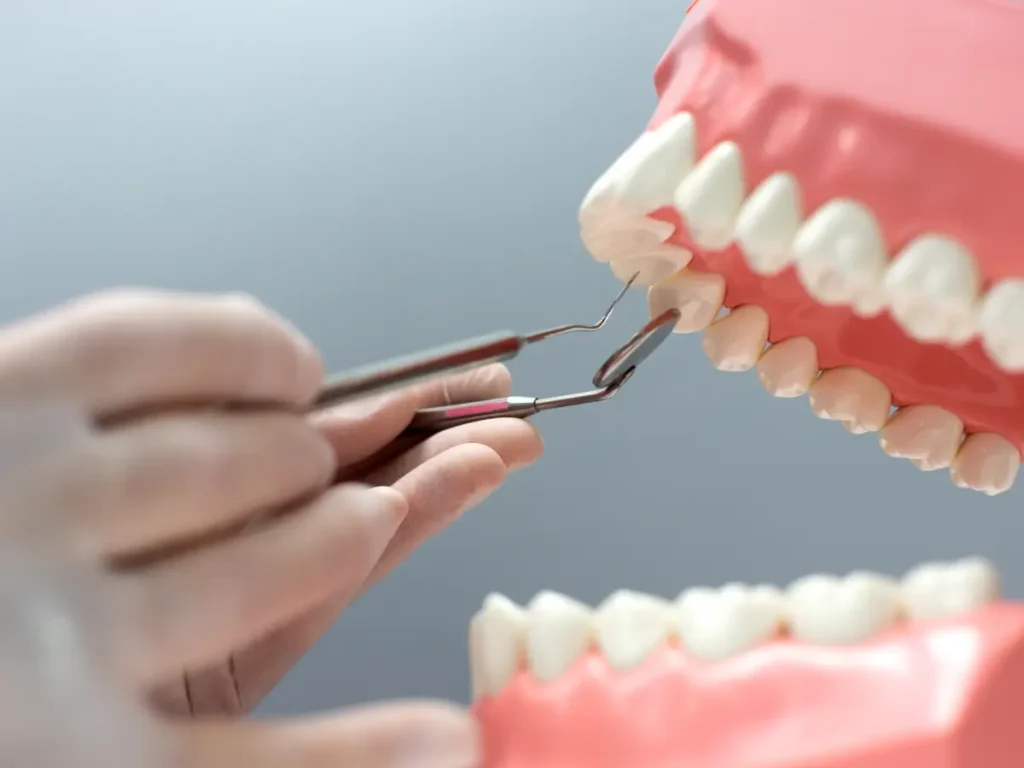
Before the Procedure
You will need one or more surgical procedures to receive a dental implant, so it is important that you undergo a thorough and accurate medical evaluation before the procedure begins.
This is to ensure that you do not have any conditions that may prevent you from healing well after surgery. You will then undergo a comprehensive dental examination. Your dentist will need to take X-rays of your teeth and jaw and make models of them.
During the Procedure
The entire process can take months because the bone in the jaw needs to grow and heal around the implant before the dentist can attach the artificial tooth. The steps of the process from dental implant
Types of Dental Implants
its full guide include:
- Removal of the damaged tooth
- Placing the implant
- Placing the connector for the artificial tooth
- Placing the new tooth.
After the Procedure
After dental implant surgery, it is important to follow all post-operative instructions carefully and take all medications. After your dental implant is placed, there will often be a small metal cylinder (healing abutment) protruding through your gums.
Be careful to avoid causing trauma or chewing directly on this area. There may also be sutures; be careful not to disturb them. It is very important to take your antibiotics and use the mouthwash prescribed for you starting the day of your surgery.
Dental Implants Recovery Time
After about two weeks, most patients have fully recovered. The implant site may feel a little tender to the touch, but the patient should begin to feel a full and natural healing. The implant site will continue to heal and adhere to the jawbone over the next three to six months, but the initial healing process will be over.
Benefits of Dental Implants
Dental implants have many advantages over dentures as dental implants full guide, including:
- Better chewing ability: Dental implants are fixed to your jaw, just like your natural teeth, allowing you to eat your favorite foods with confidence and without pain.
- Better speaking ability: Dental implants allow you to speak without your teeth slipping.
- Better appearance: The crown that fits over the implant is made to look like your own teeth. It can restore your smile and help you feel good about yourself.
- Durability: With good dental hygiene, implants can last a lifetime.
- Improved oral health: Implants allow easy access between your teeth, so you can continue to floss for good gum health.
Risks of Dental Implants
The risk of complications is minimal if your doctor has extensive experience performing dental implants. However, like all surgical procedures, dental implant surgery carries potential risks. It is normal to experience slight bleeding and swelling after dental implants. Complications are uncommon and may include:
- Damage to nearby teeth.
- Delayed healing of the jawbone.
- Infection.
- Jaw fractures.
- Sinus damage.
- Nerve damage.
- Severe bleeding.
In very rare cases, some people may have an allergic reaction to titanium implants. If this happens, your surgeon may replace them with ceramic implants.
Cost of Dental Implants in Different Regions
Cost of Dental Implants UK
The cost of implants can vary depending on several different factors, including the number of teeth, and the materials used.
On average, the average price of a single dental implant in the UK can range from £1,800 to £3,000. This price usually includes the implant itself, the abutment (which attaches the implant to the artificial tooth), and the crown (the artificial tooth).
Cost of Dental Implants USA
A crown and abutment used to “restore” a single implant (i.e. one implant per tooth) costs between $1,800 and $2,500 depending on the material required.
Cost of Dental Implants Turkey
Dental implants in Türkiye are very affordable, ranging from $400 to $10,000 depending on the type of implant.

Dental Implants vs. Other Options
Dental Implants vs. Veneers
Dental Implants: This is a surgical procedure to implant a titanium post into the jawbone. It is a more invasive treatment. Therefore, it requires a healing period before the artificial teeth can be placed.
Veneers: This is a less invasive procedure that involves removing a small amount of tooth enamel from the surface of the tooth. It is less invasive and faster compared to dental implant surgery.
Dental Implants vs. Bridge
A dental bridge: is attached to the healthy teeth on either side of the missing tooth, which is then cut and covered with a dental crown. An artificial tooth is then attached to both caps to fill the missing tooth.
Dental Implants vs. Crowns
Crown: A tooth-like cap that is placed over an existing tooth. It can be used to repair a broken tooth.
Common Concerns About Dental Implants
Are Dental Implants Safe?
Dental implants are very safe, but they are not suitable for everyone. Some pre-existing health conditions may make it difficult for your body to handle any form of surgery or healing.
Do Dental Implants Hurt?
Because getting implants requires surgery, you should expect some pain. But according to several studies, most people report feeling less pain and swelling during and after dental implant surgery than they did after a tooth extraction.
After surgery, you can usually manage pain and swelling with over-the-counter pain relievers, such as Tylenol or Motrin.

